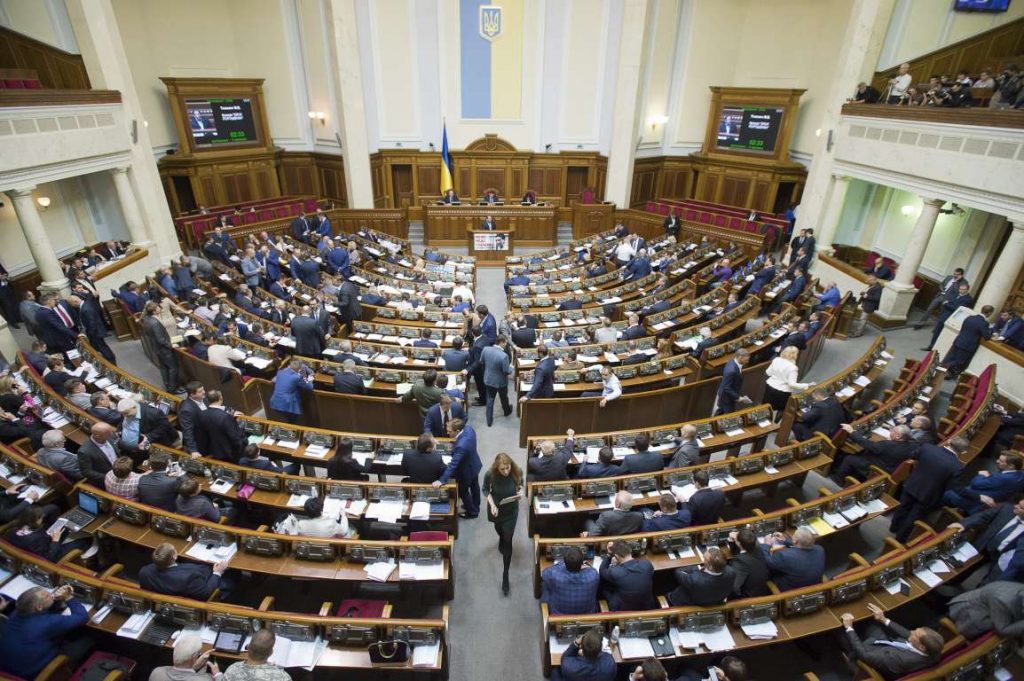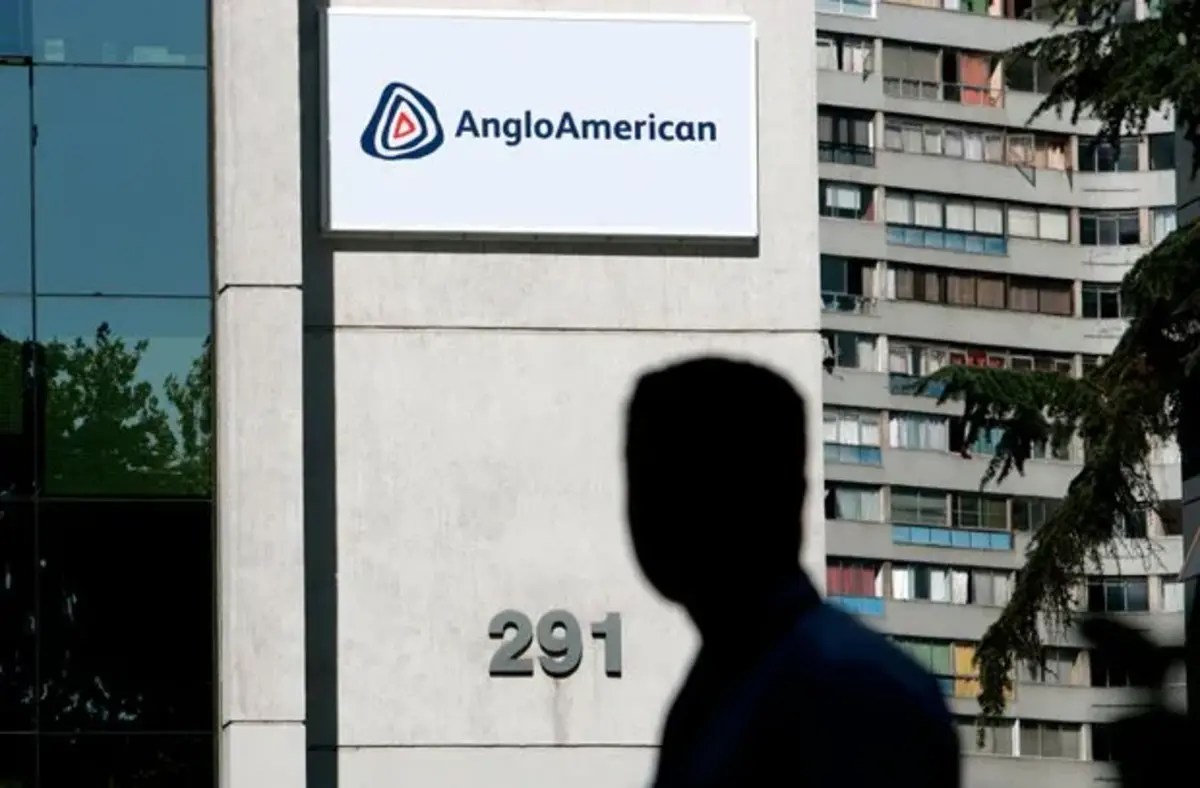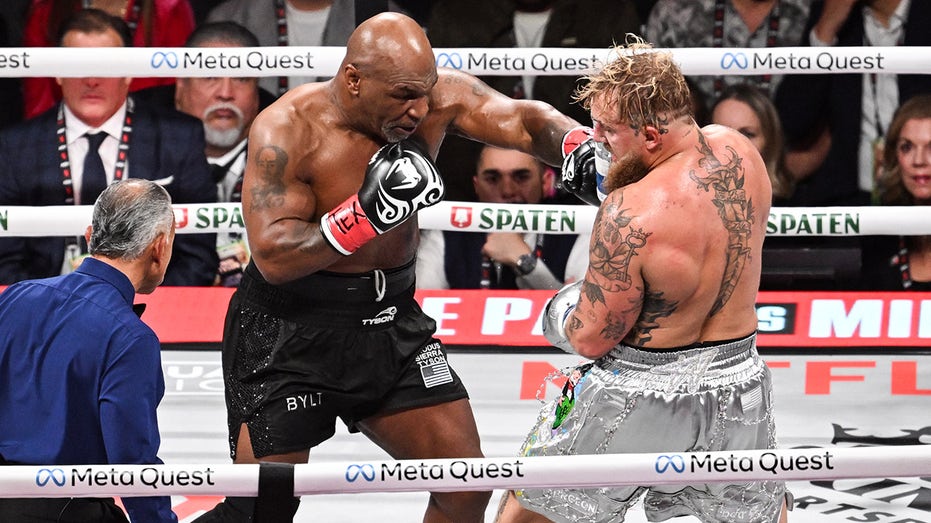Justice Gorsuch's recusal may have doomed a man to death
Under the Supreme Court’s jumbled recusal practices, Gorsuch effectively voted to execute Glossip without reading the briefs or hearing the argument, disqualifying himself even from the petition to stay execution, which was necessary for the court to hear the case with Glossip still alive.

There is considerable doubt about Richard Glossip’s guilt for a brutal 1997 murder in Oklahoma City, for which he has twice been sentenced to death. It also appears unquestionable that he has never gotten a fair trial.
Glossip’s case is now before the U.S. Supreme Court, where his fate may actually be determined by the incoherence of the court’s recusal rules.
In a nearly unprecedented move, Oklahoma’s Republican Attorney General Gentner Drummond has joined the defense seeking a new trial for Glossip, on the ground that crucial exculpatory evidence had been unconstitutionally withheld from the defense in his earlier trials.
Under most circumstances that would be enough to resolve the case in Glossip’s favor, but that is not what happened. The Oklahoma courts denied Glossip’s petition, despite Drummond’s intervention, and the Supreme Court appointed an amicus curiae to argue in support of the conviction.
Only eight justices were on the Supreme Court bench when Glossip’s case was called on Oct. 9. Justice Neil Gorsuch had recused himself months earlier before the Supreme Court granted Glossip’s petition for review.
Although Gorsuch gave no reason for recusal, it was presumably because he had ruled against Glossip in 2013, in a different iteration of the case, regarding different legal issues, when still serving as a judge of the U.S. Court of Appeals.
Gorsuch is among the court’s most conservative members, but his absence may nonetheless doom Glossip’s appeal.
It seems likely that there are four justices inclined to vote in Glossip’s favor. The three liberals — Justices Ketanji Brown Jackson, Elena Kagan, and Sonya Sotomayor — made their sympathies apparent at the oral argument. Another justice, whose name has not been disclosed, must have provided the necessary fourth vote to accept the case.
It takes five justices, however, to reverse a conviction; a 4-4 tie would leave the death sentence in force. Thus, Gorsuch’s recusal has the same effect as a negative vote. Even a small chance of winning his vote would have been a conceivable advantage for Glossip’s case.
As the late Justice Antonin Scalia once explained, “The petitioner needs five votes to overturn the judgment below, and it makes no difference whether the needed fifth vote is missing because it has been cast for the other side, or because it has not been cast at all.”
In other courts, Glossip could have had the option of waiving Gorsuch’s disqualification. Both the Code of Conduct for the lower federal courts and the relevant U.S. recusal statute allow such waivers (also called remittals) in some circumstances if all parties agree to the judge’s participation following full disclosure. The states all have comparable provisions, including Oklahoma.
The Supreme Court’s recently adopted Code of Conduct, however, uniquely omitted a waiver provision, as noted in the court’s commentary, though without providing any explanation or rationale. Perhaps the justices consider it beneath themselves to obtain recusal waivers from litigants, no matter how potentially dire the consequences.
Another unique provision in the Supreme Court’s Code of Conduct could have averted Gorsuch’s recusal if applied. Under Canon 3B(3), “the rule of necessity may override the rule of disqualification.”
According to the Supreme Court’s commentary, such an override may be needed because the “absence of one justice risks the affirmance of a lower court decision by an evenly divided court,” thereby preventing a majority decision “on an important issue.”
Thus, the court continued, “much can be lost when even one justice does not participate in a particular case.”
How could the rule of necessity ever apply, if not in Glossip’s case? Can there be a worse result than the affirmance of the death penalty by an equally divided court? Is there a more important issue than preventing a possibly wrongful execution due to an avoidable recusal?
There is one more twist in the Supreme Court’s recusal practice. In other jurisdictions, disqualification cannot be waived if the judge previously served as a judge “concerning the proceeding or has expressed an opinion concerning the merits of the particular case.”
Perhaps Justice Gorsuch believed this principle should apply to the current Glossip case, despite the rule of necessity and even though the proceedings are distinct and the issues are completely different. The 2013 appeal occurred long before the Oklahoma attorney general learned of the wrongfully withheld evidence and entered the case on Glossip’s behalf.
The legal questions that Gorsuch determined 11 years ago have no bearing on the case as it stands today, which turns on the findings of a 2022 independent investigation commissioned by a bipartisan group of Oklahoma legislators. Its conclusion was that “no reasonable juror hearing [the wrongfully withheld evidence] would have convicted Richard Glossip of first-degree murder.”
If Gorsuch still considers disqualification unwaivable, he should have said so.
In April 2023, all nine justices signed a Statement on Ethics Principles and Practices, noting that “a justice may provide a summary explanation of a recusal decision.” Unfortunately, the provision is discretionary. Gorsuch has chosen to keep mum.
Under the Supreme Court’s jumbled recusal practices, Gorsuch is effectively voting to execute Glossip without reading the briefs or hearing the argument, disqualifying himself even from the petition to stay execution, which was necessary for the court to hear the case with Glossip still alive.
So yes, as the court’s commentary put it, “much can be lost.”
Steven Lubet is the Williams Memorial Professor Emeritus at the Northwestern University Pritzker School of Law.



